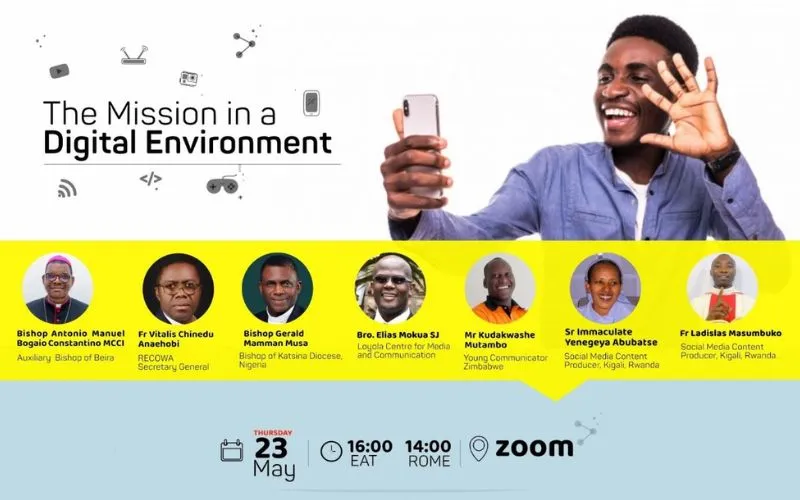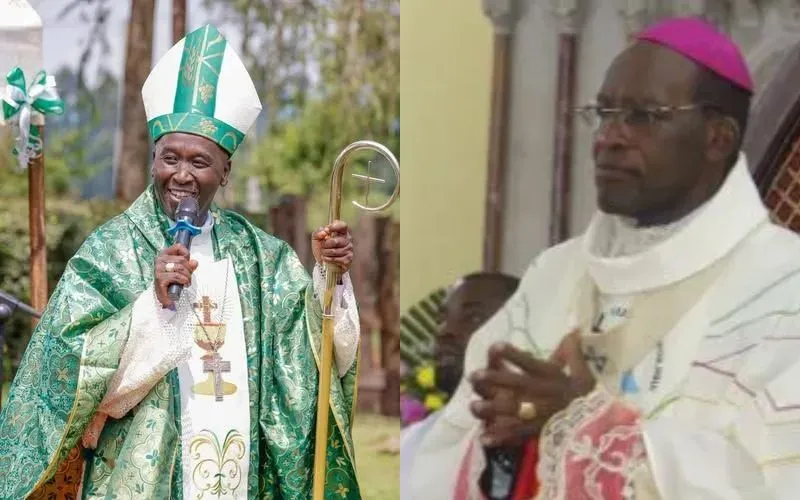Nairobi, 24 May, 2024 / 11:05 pm (ACI Africa).
One of the delegates representing Africa in the multi-year Synod on Synodality, which Pope Francis extended to 2024 has blamed the silence from the continent when the topic of the “mission” of digitality was being discussed during the 4-29 October 2023 session to the absence of African youths at the global gathering.
In his presentation during the Thursday, May 23 webinar that the Association of Member Episcopal Conferences for Eastern Africa (AMECEA) organized in collaboration with other regional and continental Catholic Church entities, Fr. Vitalis Anaehobi recalled the domination of youths from other continents when digital culture was being discussed.
“I observed that most Africans did not contribute to the plenary session discussion on the mission of digital environment,” Fr. Anaehobi said.
The lack of contribution from the delegates representing Africa, he said, “could be explained by the fact that there was no single African youth in the synodal assembly; there were young people from Europe and America, but none from Africa.”
Youths representing Europe and America during last October’s session “dominated the discussion and this may have affected the African contribution to the discussion in the plenary on the topic of the Church’s mission in the digital space,” said the Secretary General of the Regional Episcopal Conference of West Africa (RECOWA).








